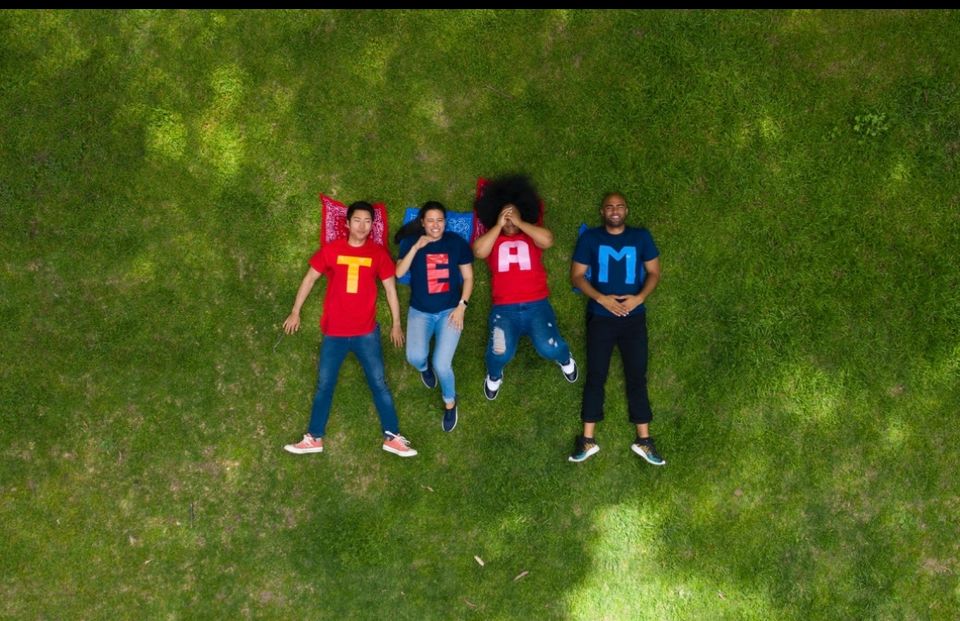A mentor is defined as an experienced individual who provides guidance and support to a less experienced individual. A good mentor establishes trust and builds relationships of mutual respect. A mentor gives freely of their time, energy and knowledge and offers support without any expectation of return.
A mentoring relationship can have a profound impact on both the mentor and the mentee. The mentor can gain a sense of satisfaction from helping another person grow and develop, while the mentee can benefit from the wisdom and experience of the mentor.
If you are considering becoming a mentor, there are some things you should keep in mind to be effective in this role.
First, remember that being a mentor is not about giving advice. It's about sharing your experience and knowledge so that the mentee can learn from your mistakes and successes.
Second, be patient. Rome wasn't built in a day, and neither are people. It takes time for the mentee to absorb your knowledge and put it into practice.
Third, be respectful. The mentee is an individual with their own unique set of experiences, skills and perspectives. It is important to remember that everyone learns differently and at their own pace.
Fourth, be supportive. The mentee will likely experience setbacks and challenges. It is important to be there for them, offering encouragement and advice when needed, but also respecting their independence.
Finally, have fun! The mentoring relationship should be enjoyable for both parties. Mentoring can be a great way to make new friends, learn new things and feel good about helping someone else grow and develop.
The Different Types of Mentoring Relationships
Mentoring is a process where an experienced individual, known as a mentor, helps to guide and support another individual, known as a mentee, in accomplishing their goals. The mentor-mentee relationship can take many different forms, and the most effective mentorships are ones where the mentor and mentee have a clear understanding of what each party expects and needs from the relationship. In this article, we will explore the different types of mentoring relationships, and how to be an effective mentor.
There are two main types of mentoring relationships: dyadic and triadic. In a dyadic mentoring relationship, there is only one mentor and one mentee. This type of relationship is often more informal, and can be between people who work in the same field or who are at similar life stages. For example, a dyadic mentoring relationship could be between a senior engineer and a junior engineer, or between a startup founder and a first-time entrepreneur. In a triadic mentoring relationship, there is one mentor and two mentees, who are often at different life stages or who work in different fields. This type of relationship can be more formal, and often has clear goals and expectations that are agreed upon by all parties. For example, a triadic mentoring relationship could be between a business executive, a human resources professional, and a recent college graduate who is seeking a career in business.
The most important thing to remember when mentoring someone is that you are not there to do their work for them. Your job is to provide guidance and support, and to help them develop the skills and knowledge they need to achieve their goals. To be an effective mentor, you should:
- Be patient and understanding: Remember that everyone learns at their own pace, and that it takes time to develop new skills. Be patient with your mentee, and provide them with the space to make mistakes and learn from them.
- Be a good listener: It is important to listen to your mentee, and to understand their goals and needs. Only then will you be able to provide them with the guidance and support they need.
- Be honest and open: Be honest with your mentee about your own experiences, and be open to sharing your knowledge and expertise.- Be respectful: Always treat your mentee with respect, and avoid any behavior that could be construed as harassment or discrimination.
If you are interested in becoming a mentor, there are many different ways to get started. You can volunteer with an organization that provides mentoring services, or you can reach out to someone you know who might benefit from your guidance and support. You can also look for mentoring programs at your workplace, or in your professional or community networks.
The Mentoring Process
Mentoring is a process whereby an experienced individual (the mentor) provides guidance, support, and advice to another person (the mentee). The relationship is usually informal and based on trust, mutual respect, and a shared commitment to the mentee's development.
Effective mentors are individuals who have the ability to listen attentively, offer unbiased perspectives, and ask probing questions. They also know how to give constructive feedback and challenge their mentees in a supportive way.
The mentoring process typically begins with the mentor and mentee getting to know each other and establishing a rapport. The mentor then helps the mentee identify areas of development and sets goals for the mentoring relationship. Through regular meetings and interactions, the mentor provides guidance and support as the mentee works towards achieving their goals.
Mentoring relationships can be extremely beneficial for both the mentor and mentee. Mentors gain a sense of satisfaction from helping others develop and reach their potential, whilst mentees benefit from the wisdom and experience of their mentor. Ultimately, effective mentoring relationships lead to the development of more capable and confident individuals.
Find out more about our mentoring software or book a demo





